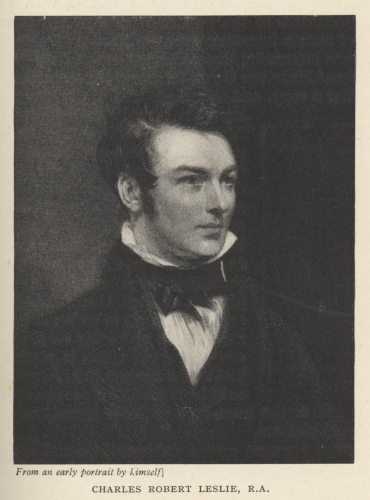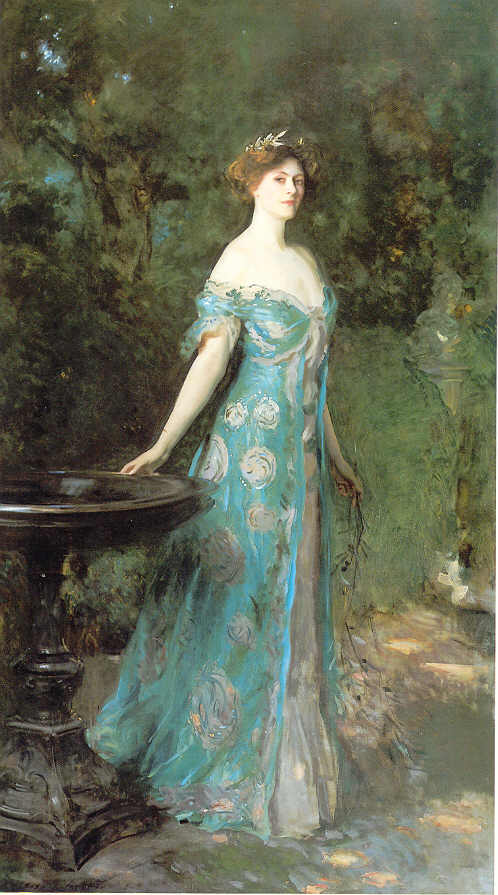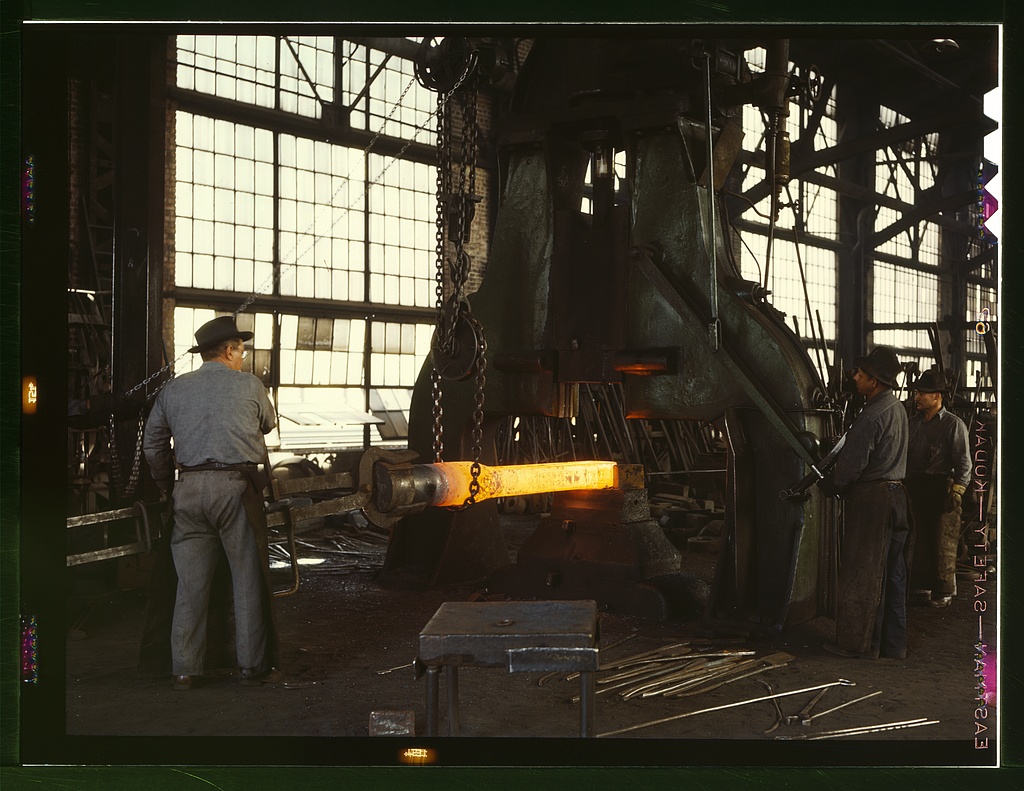London, June 28.
. . . All my duties will be quite at an end on Friday night at Exeter Hall, and I have then to determine which to choose of all the unseen spectacles of England. I have not seen Stonehenge, nor Chatsworth, nor Canterbury, nor Cambridge, — nor even Eton and Windsor, which lie so near London. I have good friends who send for me, but I do not mean to engage myself to new people or places. As Mr. Burke said, "I have had my day; I can shut the book." I am really very willing to see no new face for a year to come, — unless only it were a face that made all things new. There is very much to be learned by coining to England and France. The nations are so concentrated and so contrasted that one learns to tabulate races and their manners and traits as we do animals or chemical substances, and look at them as through the old Swedish eyeglass, each as one proper man. Also, it must be owned, one meets now and then here with wonderfully witty men, all-knowing, who have tried everything and have everything, and are quite superior to letters and science. What could they not, if they only would? I saw such a one yesterday, with the odd name, too, of Arthur Helps. On Sunday I dined at Mr. Field's at Hampstead, and found the Egyptian savant Mr. Sharpe, Rowland Hill (of the Penny Post), Stanfield the painter, and other good men. I breakfasted next morning with Stanfield, and went with him to see a famous gallery of Turner's pictures at Tottenham. That day I dined with Spence, and found Richard Owen, who is the anatomist. To-morrow he is to show me his museum. I esteem him one of the best heads in England. Last evening I went to dine with Lord Morpeth, and found my magnificent Duchess of Sutherland, and the Duke and Duchess of Argyle, and the Ladies Howard, and Lady Graham, and Mr. Helps, so omniscient, as I said. . . . This morning I breakfasted with him and Lady Lovelace, as Lord L. wished to read me a certain paper he had been writing on a book of Quetelet. We had quite a scientific time, and I learned some good things. I am to go there again to-morrow evening, to see Mrs. Somerville. . . .

as Mr. Burke said: This is a reference to Edmund Burke's Speech at the Guildhall in Bristol, Previous to the Late Election In That City, Upon Certain Points Relative to his Parliamentary Conduct (1780). Here is the relevant text:
Gentlemen, I have had my day. I can never sufficiently express my gratitude to you for having set me in a place wherein I could lend the slightest help to great and laudable designs. If I have had my share in any measure giving quiet to private property and private conscience ; if by my vote I have aided in securing to families the best possession, peace; if I have joined in reconciling kings to their subjects, and subjects to their prince; if I have assisted to loosen the foreign holdings of the citizen, and taught him to look for his protection to the laws of his country, and for his comfort to the good-will of his countrymen ; — if I have thus taken my part with the best of men in the best of their actions, I can shut the book: I might wish to read a page or two more, but this is enough for my measure. I have not lived in vain.Arthur Helps was an English writer and dean of the Privy Council. He was youngest son of Thomas Helps, a London merchant; as an author, he was known for his aphorisms, biographies, and essays.{source: from The Works of the Right Honourable Edmund Burke (London, John C. Nimmo, 1887), vol 2, p. 421}
Edwin Wilkins Field was an English law reformer and painter. I reproduced a painting attributed to him in a previous post.

See earlier posts in this series for descriptions of other persons mentioned, including:
Some sources:
Journals Of Ralph Waldo Emerson 1820-1872, with Annotations, edited by Edward Waldo Emerson and Waldo Emerson Forbes; Vol. VII, 1845-1848 (London, Constable & Co.; Boston And New York Houghton Mifflin Company, 1913)
Journals Of Ralph Waldo Emerson 1820-1872, with Annotations, edited by Edward Waldo Emerson and Waldo Emerson Forbes; Vol. VII, 1845-1848, (New York, Houghton Mifflin Company, 1912)


























































